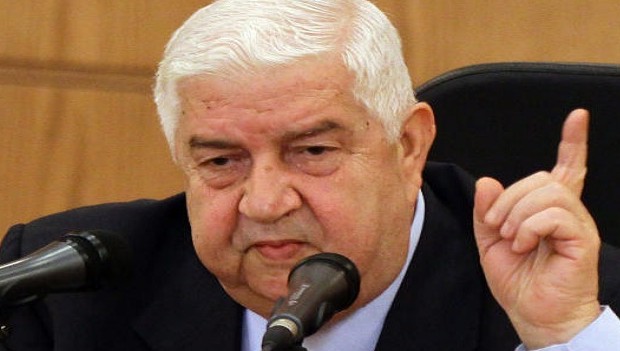The foreign ministers of the Friends of Syria group recently ratified a plan in Doha to provide sophisticated military aid to the Free Syrian Army (FSA). The decision hopes to redress the imbalance of power on the ground, and compel Bashar Al-Assad to respond to peace efforts. However, the participants of the Doha conference did not give details of the aid they decided to supply.
Sheikh Hamad bin Jassim Al-Thani, the Qatari prime minister and foreign minister, said after the conference that the meeting “made secret decisions on practical ways to change the status quo on the ground in Syria.” The problem with the secrecy of the decisions is that it raises the level of expectation, and provides Assad and his allies with the opportunity to mislead public opinion, especially among their existing supporters.
Since the eruption of the revolution, Assad has been trying to paint the revolution as a sectarian struggle. He, unfortunately, has been successful, not only with some people in Syria, or the Shi’ites, but also the West, which is hostile to the Al-Nusra Front, for example, while its reaction to the intervention by Iran and Hezbollah, and the use of chemical weapons, was cool, even frustrating.
It is now clear that Iran and Assad, joined by Tehran loyalists in Baghdad, have for long used the 9/11 terrorist attacks in the United States, and have managed to convince many westerners that all Sunnis were terrorists. This is clear in the reactions of the West towards Assad, Iran and Hezbollah’s crimes in Syria.
Therefore, it is difficult to accept the notion of ‘secret decisions’ in a media war which touches religions, sects, and differing movements. The danger of the secrecy of the decisions is that it raises the level of expectation, without providing a shred of evidence, especially since the Syrians have grown weary of promises for the last two years. The West, especially France and Britain, have made statement after statement without doing something tangible, while Iranian and Russian shipments were being sent to Assad, until the matter reached the open intervention by Hezbollah.
What the Friends of Syria, and the opposition, must realize is that the war is not only on the ground, it is also in the media. This is something which was recognized by Iran and by Bashar Al-Assad, whose regime picked up on every tiny issue it could to damage the revolution. The simplest example of this is the video of a man eating the heart of a dead Syrian soldier. We are not even sure of the veracity of the video, especially that Assad’s lies are never-ending, but we saw how the Russian president talked about it, and the Iranian foreign minister.
Now, after all that, the Doha conference gives us “secret decisions,” and what will happen now is that the Assad regime and Iran, also joined by Russia, will explain these secret decisions as they wished, and damage the image of the Friends of Syria in the media, and then exploit it diplomatically. The Friends of Syria will then find themselves on the defensive.
The fact is that the ability and effectiveness of the FSA will become clearer from what happens on the ground, and this will not be a secret. What is worrying is giving Assad and his allies excuses to damage the reputation of the revolution and the rebels, and all we have to do now is watch how Assad and his allies exploit the phrase “secret decisions.”
